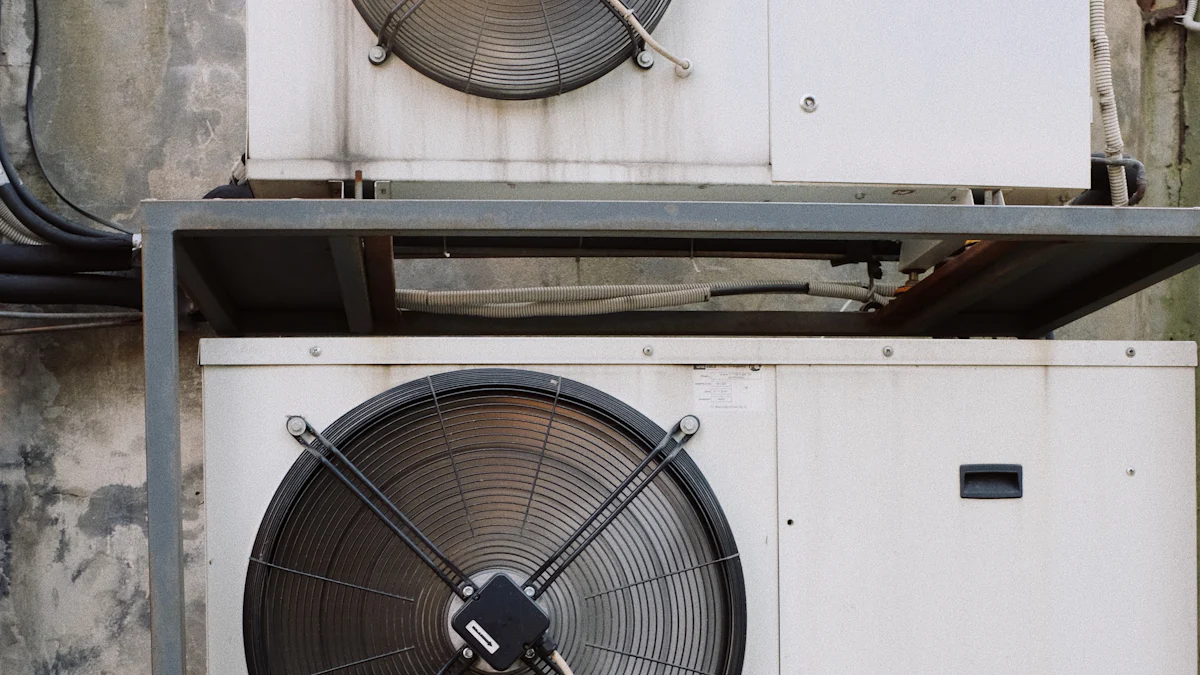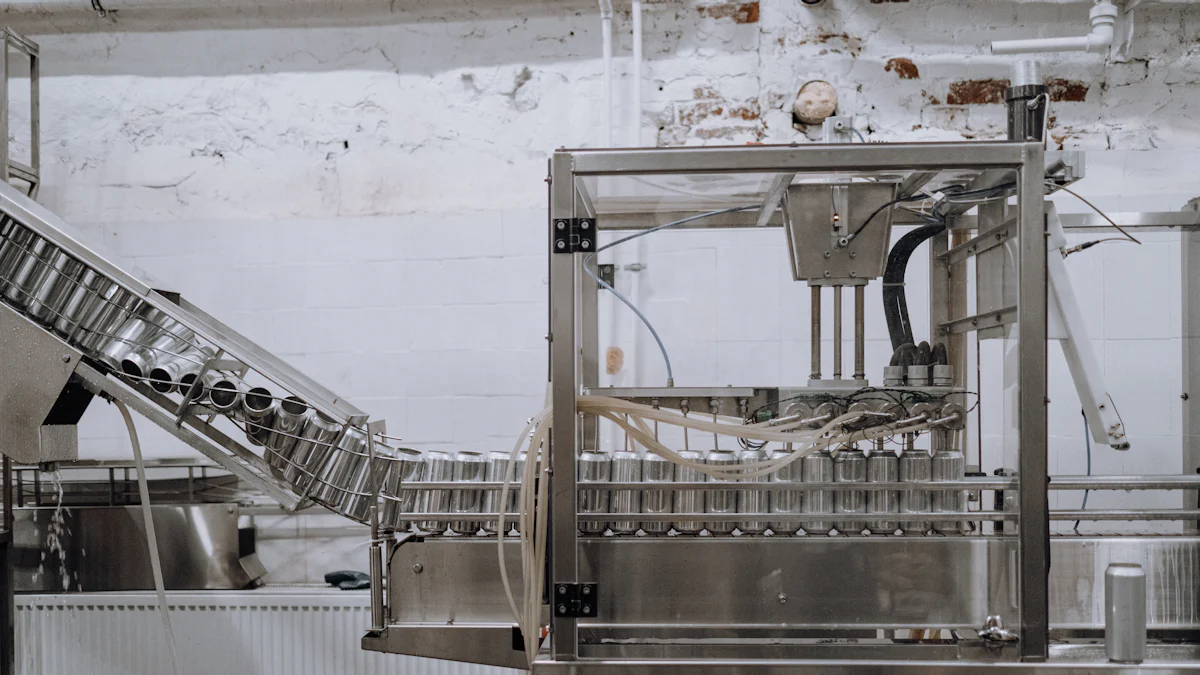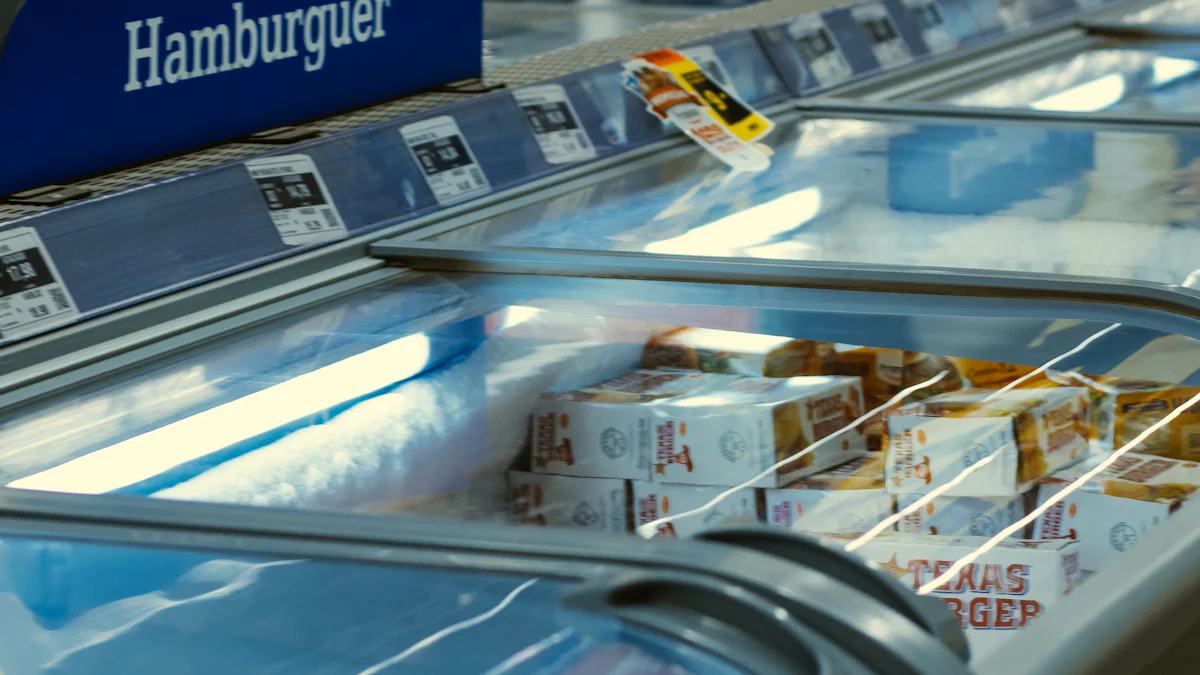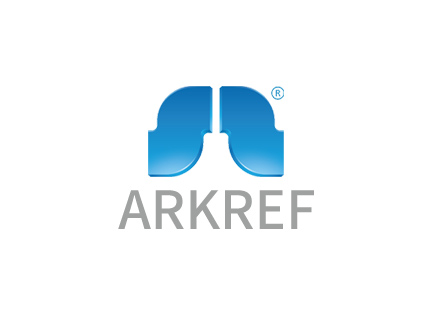What Makes Spiral Freezers Essential for Food Processing

The frozen food industry relies heavily on advanced technology to meet growing consumer demands. Spiral freezers play a pivotal role in this process by addressing critical challenges in food processing. These systems enhance efficiency and ensure consistent product quality.
Food manufacturers often face hurdles such as high initial investment costs, maintenance complexities, and strict regulatory compliance. Spiral freezers mitigate these issues by offering reliable performance and streamlined operations.
Challenge | Description |
|---|---|
High Initial Investment Costs | Advanced spiral freezing systems require significant upfront investment. |
Maintenance Complexities | Existing freezing systems often face operational and maintenance challenges. |
Regulatory Compliance Requirements | Compliance with food safety regulations is essential in food processing. |
By overcoming these obstacles, spiral freezers provide unmatched benefits to manufacturers, making them indispensable in modern food processing.
Key Benefits of Spiral Freezers

Faster Freezing Times
Reducing production bottlenecks
Spiral freezers significantly enhance freezing efficiency by exposing products to extremely cold air, ranging from -40°C to -60°C. This rapid freezing process minimizes production delays, allowing manufacturers to handle high volumes of food without interruptions. Unlike traditional freezers, which take hours to freeze goods, spiral freezer systems complete the task in just a few minutes. This quick and efficient freezing capability ensures that production lines operate smoothly, reducing bottlenecks and increasing overall output.
Preserving freshness and texture
The rapid freezing process of spiral freezers locks in the natural qualities of food. By freezing products quickly, these systems prevent the formation of large ice crystals, which can damage the texture and appearance of food. This ensures that frozen items retain their original freshness, taste, and texture, making them more appealing to consumers. The frozen food industry benefits greatly from this technology, as it delivers high-quality products that meet customer expectations.
Improved Product Quality
Preventing large ice crystal formation
Spiral freezers utilize Individual Quick Freezing (IQF) technology to ensure even and consistent freezing. This method prevents the formation of large ice crystals, which can compromise the structural integrity of food. By maintaining small ice crystals, spiral freezers preserve the natural texture and appearance of products, such as fruits, vegetables, and seafood.
Retaining nutritional value and flavor
The rapid freezing process also helps retain the nutritional content and flavor of food. By inhibiting bacterial growth and minimizing dehydration, spiral freezers ensure that frozen products remain safe and flavorful. This advantage of spiral freezers makes them an essential tool for maintaining the quality of meat, poultry, and other perishable items.
Cost Savings
Lower energy consumption
Spiral freezers are designed to be cost-effective by reducing energy usage. Advanced insulation and efficient cooling systems allow these freezers to achieve energy savings of 30% to 50% compared to traditional methods. Features like Variable Speed Drives (VSDs) for fans further optimize energy consumption, lowering operational costs for manufacturers.
Reducing food waste and spoilage
The consistent and uniform freezing provided by spiral freezers extends the shelf life of perishable products. By locking in freshness and preventing spoilage, these systems reduce food waste and improve profitability. Additionally, the enhanced freezing capacity of spiral freezers allows businesses to process larger quantities of food without compromising quality, making them a valuable investment for large-scale operations.
Unique Features of Spiral Freezers
Compact Design
Maximizing space efficiency
Spiral freezers excel in maximizing space efficiency by utilizing a compact footprint. Their self-stacking, multi-tiered belt system optimizes vertical space, allowing manufacturers to freeze large quantities of food without requiring extensive floor space. This design is particularly beneficial for facilities with limited room, as it enables high freezing capacity while maintaining operational efficiency. By employing a spiral conveyor system, these freezers facilitate a controlled cooling process that ensures consistent results.
Supporting high-volume operations
The compact design of spiral freezers supports high production volumes by enabling rapid freezing of large quantities of food. Their ability to handle high-throughput production makes them ideal for manufacturers aiming to meet growing consumer demands. The spiral configuration ensures efficient cooling, preserving product quality while minimizing energy consumption. This feature allows businesses to scale operations without compromising on performance or space efficiency.
Energy Efficiency
Advanced insulation and cooling systems
Spiral freezers incorporate advanced insulation and cooling systems to achieve energy-efficient operation. These systems optimize air temperature, flow, and velocity, reducing heat transfer to the surrounding environment. By minimizing energy waste, spiral freezers lower the load on refrigeration systems, ensuring consistent performance. Variable speed drives for evaporator fans and smart control systems further enhance energy efficiency by adjusting energy consumption based on load requirements.
Reducing operational costs
Energy-efficient technologies in spiral freezers contribute to significant cost savings. Mechanical and cryogenic refrigeration methods, combined with optimized airflow configurations, reduce product dehydration and improve food quality. These features not only lower energy consumption but also decrease operational costs, making spiral freezers a cost-effective solution for food manufacturers.
Customizable Options
Tailored configurations for specific needs
Spiral freezers offer tailored configurations to meet the unique requirements of different food products. Adjustable belt speeds, variable temperature zones, and airflow customization allow manufacturers to optimize freezing processes for specific items. These customizations ensure rapid freezing, maintain product quality, and improve energy efficiency. Flexible designs also enable spiral freezers to fit seamlessly into various production layouts, enhancing adaptability and performance.
Flexible belt systems for diverse products
The flexible belt systems in spiral freezers accommodate a wide range of food products, from delicate pastries to robust meat cuts. These systems allow for precise control over freezing times and temperatures, ensuring consistent results across diverse product types. Additional features, such as automated systems and energy-saving options, further enhance the versatility of spiral freezers, making them a valuable asset for food manufacturers.
Advantages of Spiral Freezers in Food Processing
Maintaining Freshness
Ensuring consistent freezing
Spiral freezers ensure consistent freezing by circulating cold air continuously around food products. This process allows items to freeze evenly as they move through the freezing zone. The rapid freezing capability inhibits bacterial growth, preserving the texture and flavor of food. By maintaining uniform freezing, spiral freezers help the frozen food industry deliver high-quality products that meet consumer expectations.
Extending shelf life
The rapid freezing process of spiral freezers extends the shelf life of perishable products. This method locks in freshness and prevents spoilage by minimizing microbial activity. It also retains the nutritional value and flavor of food items, ensuring they remain appealing to consumers. The cost-effective operation of spiral freezers benefits manufacturers by reducing food waste and improving profitability.
Enhancing Productivity
Streamlining workflows
Spiral freezers streamline workflows by allowing continuous product flow during the freezing process. Their compact design and customizable configurations fit seamlessly into production lines, enhancing production efficiency. The spiral conveyor belts rapidly chill items without causing damage, ensuring smooth operations. These features make spiral freezers an essential tool for manufacturers aiming to increase productivity.
Reducing downtime
Advanced monitoring and control systems in spiral freezers optimize the freezing process, reducing production time and energy consumption. These systems also minimize interruptions by performing multiple processes under one system. Their ability to handle high volumes efficiently reduces downtime, making them a valuable asset for food processing operations.
Ensuring Food Safety
Meeting hygiene standards
Spiral freezers meet stringent hygiene standards through their fully welded stainless steel construction and easy-to-clean surfaces. Many models include advanced sanitation systems, such as clean-in-place (CIP) technology, which ensures thorough cleaning with minimal effort. These features maintain product quality and comply with food safety regulations, safeguarding consumer health.
Preventing contamination
The hygienic design of spiral freezers prevents contamination by limiting ice buildup and providing controlled freezing conditions. The enclosed freezing area and controlled belt speed inhibit microbial growth, reducing the risk of spoilage. Automated cleaning cycles further enhance sanitation, ensuring the safety and integrity of frozen food products.
Technological Innovations in Spiral Freezers

Smart Controls
Real-time monitoring and adjustments
Modern spiral freezers incorporate advanced smart controls to enhance operational efficiency. These systems use sensors and monitoring devices to automate the freezing process, ensuring consistent product quality. Real-time tracking allows operators to adjust freezing parameters instantly, optimizing performance for various food products. For example, the integration of Rockwell Automation E200 electronic smart overload relays protects compressor motors while providing detailed problem descriptions through an LCD screen. This feature facilitates real-time monitoring and minimizes downtime.
Alan Ferrin, President of Cornerstone Automation, stated, “With a larger and more advanced processor, we can establish digital communications with other devices such as the touchscreen and the drives, resulting in greater accuracy.”
By managing the freezing process with precision, plant operators can achieve energy savings of up to 50% annually, making these systems both efficient and cost-effective.
Automation for operational efficiency
Automation technologies in spiral freezers reduce manual intervention and streamline workflows. Features like automated belt speed adjustments and temperature regulation ensure uniform freezing across diverse products. These innovations improve productivity by minimizing errors and maintaining consistent quality. Automated systems also enhance safety by reducing the need for human interaction with freezing zones, creating a more reliable and efficient production environment.
Eco-Friendly Designs
Use of natural refrigerants
Spiral freezers now utilize natural refrigerants like ammonia and carbon dioxide, which have minimal environmental impact. For instance, the Helix spiral freezer employs CO2, a refrigerant that does not contribute to global warming or ozone depletion. These refrigerants significantly lower greenhouse gas emissions compared to traditional options like HFCs and CFCs. This shift toward sustainable cooling solutions aligns with global efforts to reduce environmental harm.
Lowering carbon footprint
Eco-friendly designs in spiral freezers help food processors lower their carbon footprint. Advanced refrigeration systems ensure uniform temperature distribution while minimizing energy wastage. Features like variable-speed fans and intelligent controls further enhance energy efficiency. Additionally, the unique air circulation system reduces heat transfer to the environment, decreasing the load on refrigeration systems. These innovations not only reduce greenhouse gas emissions but also lead to significant cost savings over time.
Advanced Freezing Techniques
Cryogenic freezing for rapid results
Cryogenic freezing represents a cutting-edge technique in spiral freezer technology. This method uses direct cryogen injection, such as nitrogen or carbon dioxide, to maximize heat transfer. The rapid removal of heat preserves product quality and increases throughput. Enhanced vapor flow within the system optimizes cooling potential while minimizing air and moisture infiltration. These features reduce cryogen consumption and ensure consistent freezing, making cryogenic freezing ideal for high-volume operations.
Multi-zone freezing for precision
Multi-zone freezing technology allows spiral freezers to handle diverse products with precision. Each zone operates at a specific temperature and airflow configuration, enabling manufacturers to customize the freezing process for different items. This approach ensures optimal freezing conditions, preserving the texture, flavor, and nutritional value of food. Multi-zone systems also improve energy efficiency by targeting specific cooling requirements, reducing overall energy consumption.
Spiral freezers have transformed food processing by delivering unmatched efficiency and quality. Their advanced refrigeration systems reduce energy consumption, helping businesses achieve sustainability goals. By extending shelf life and preserving product integrity, they minimize food waste and enhance profitability. The growing demand for frozen foods and eco-friendly solutions highlights their importance in modern manufacturing. With customizable designs and innovative features, spiral freezers offer long-term benefits, making them a valuable investment for food manufacturers aiming to meet industry demands while maintaining operational excellence.
See Also
How Spiral Freezers Drive Innovation in Various Industries
Selecting Between Tunnel Freezers and Spiral Freezers
Emerging Trends Shaping Spiral Freezer Market Expansion
Understanding Key Differences Between Tunnel and Spiral Freezers

